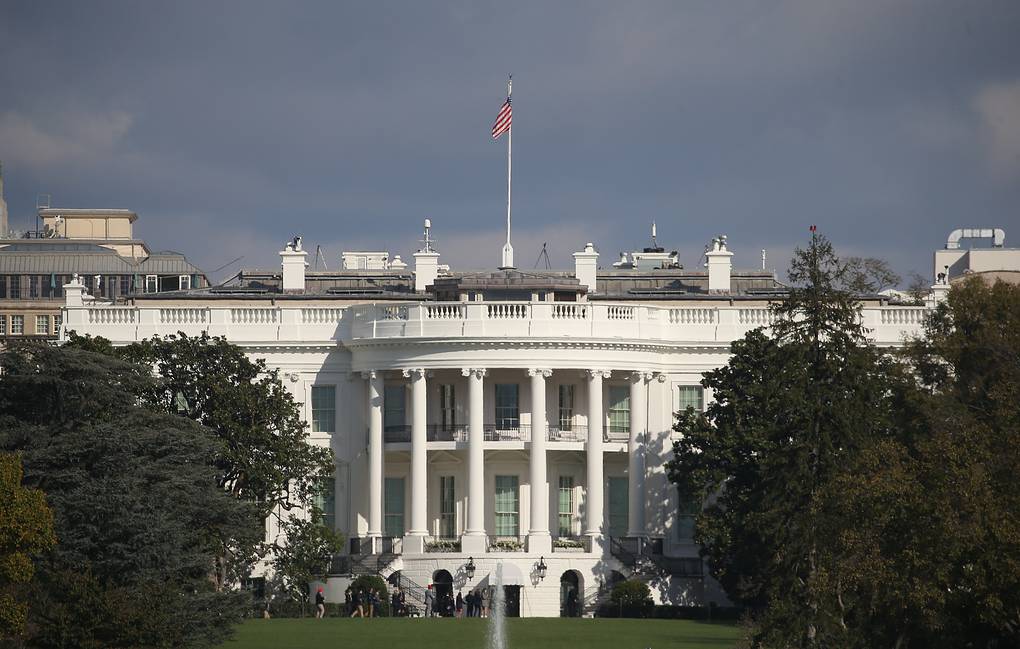New Delhi: The West intends to attempt to impose a ban on the transportation of Russian oil by sea from early December and petroleum products from early February next year, according to the US Treasure preliminary guidance on the implementation of a maritime services policy and related price exception for seaborne Russian oil.
“As part of a coalition of countries including the G7 and the EU, the United States will implement a policy with regards to a broad range of services related to the maritime transportation (the ‘maritime services policy’) of Russian Federation origin crude oil and petroleum products (‘seaborne Russian oil’). This ban will take effect on December 5, 2022, concerning maritime transportation of crude oil and on February 5, 2023, concerning maritime transportation of petroleum products,” the US Treasury said.
As it specifies, the said policy will be a “ban on services” for the maritime transportation of Russian oil, and will have “an important exception”. The exception is that “jurisdictions or actors that purchase seaborne Russian oil at or below a price cap to be established by the coalition (the ‘price exception’) will expressly be able to receive such services,” the US Treasury Department explained. “This policy is intended to expressly establish a framework for Russian oil to be exported by sea under a capped price and achieve three objectives: (i) maintain a reliable supply of seaborne Russian oil to the global market; (ii) reduce upward pressure on energy prices; and (iii) reduce the revenues the Russian Federation earns from oil after its war of choice in Ukraine has inflated global energy prices,” the statement said.
Meanwhile, as Russian Deputy Prime Minister Alexander Novak told reporters on September 1, Moscow will stop the supply of oil and petroleum products to countries that decide to limit the cost of oil from Russia. As he stressed, Russia will not work “on non-market conditions”. At the same time, Novak slammed proposals to introduce restrictions on the price of Russian oil as complete nonsense. In addition, he warned that “interference in the market mechanisms of such an important industry as oil, which is essential in terms of global energy security – such attempts will only lead to the destabilization of the oil industry, the oil market”.
(Vinayak)

